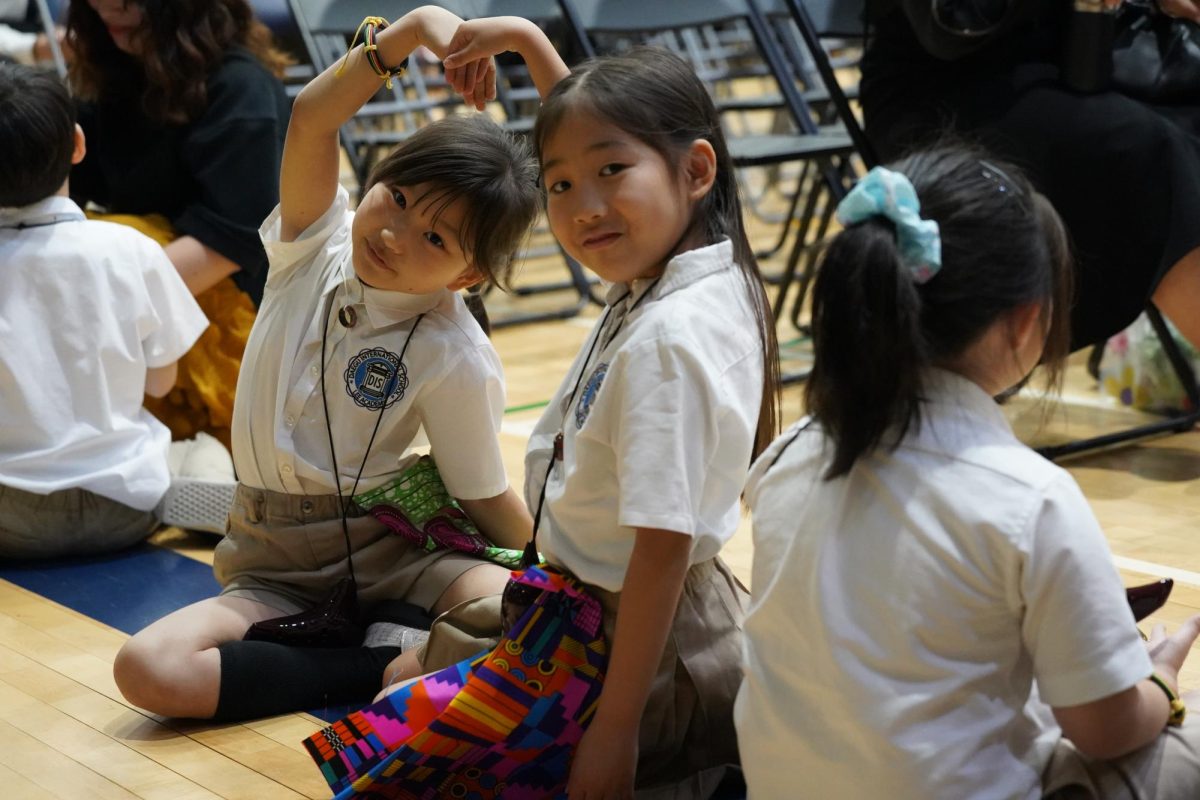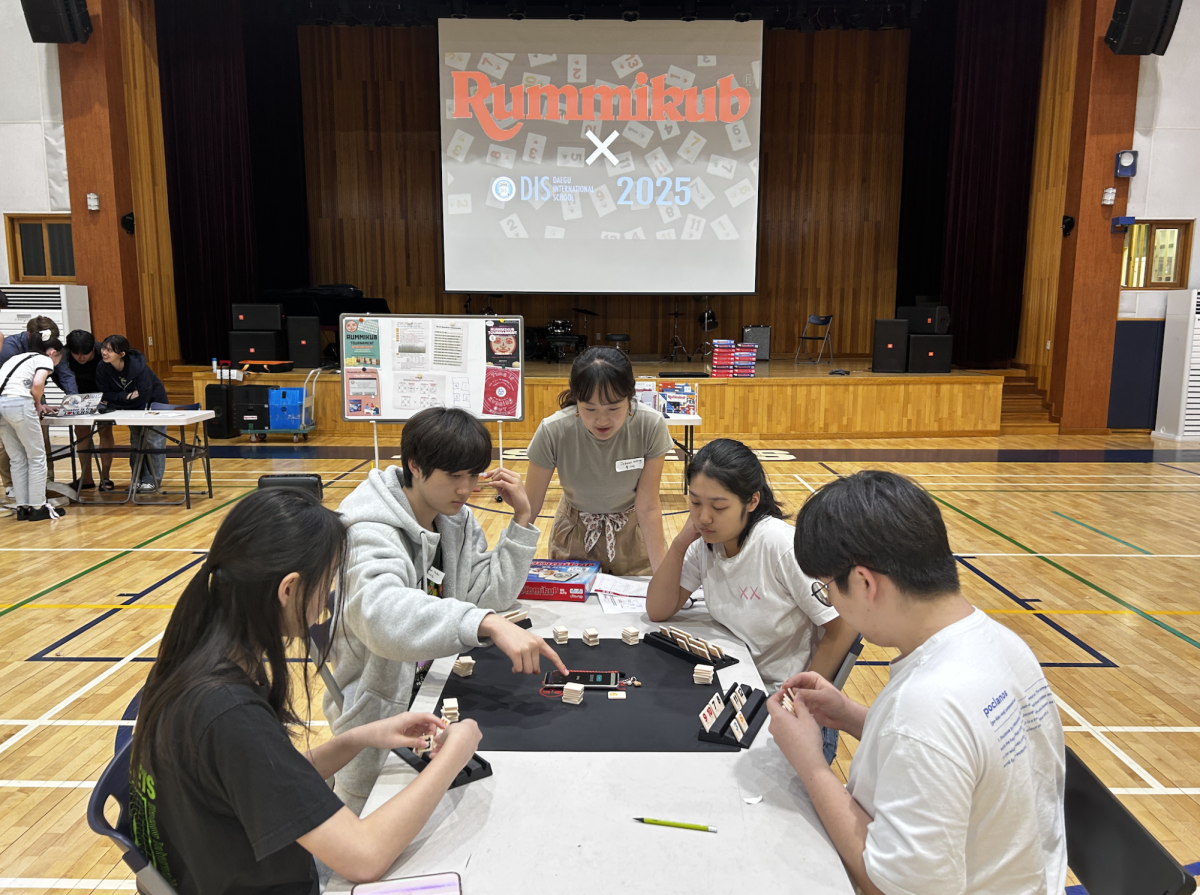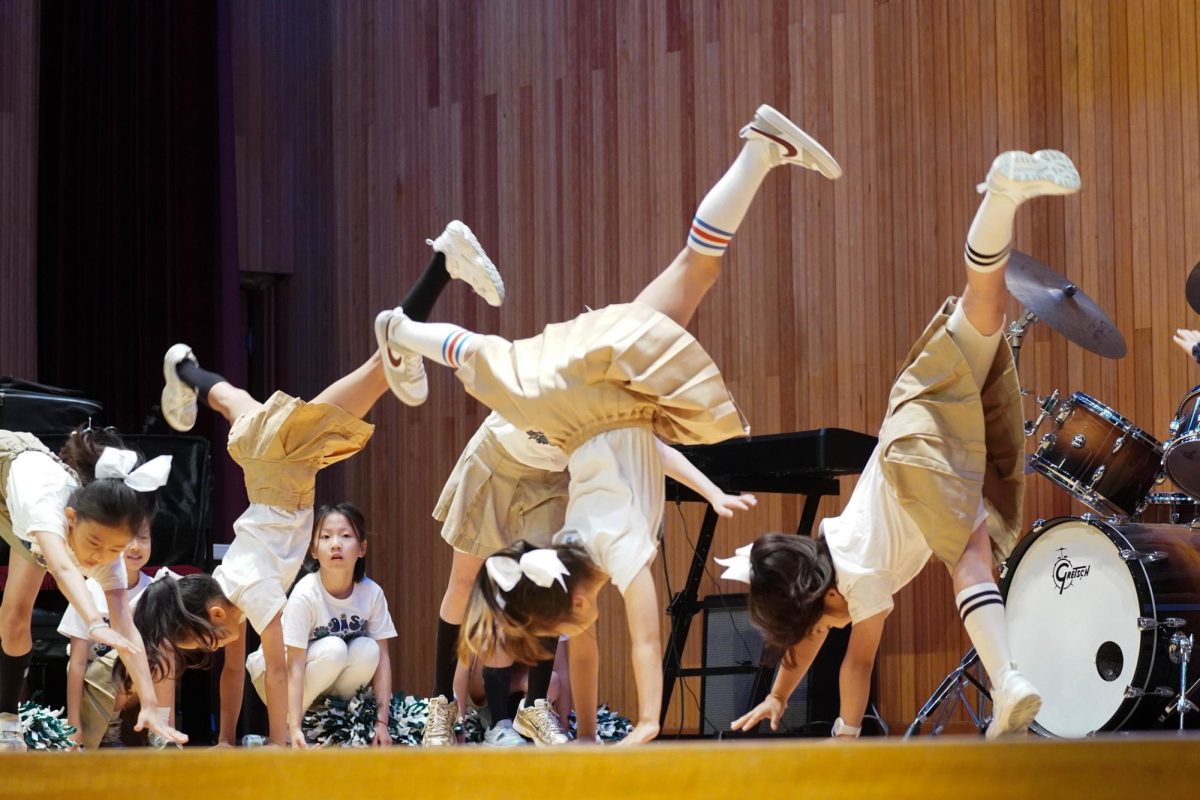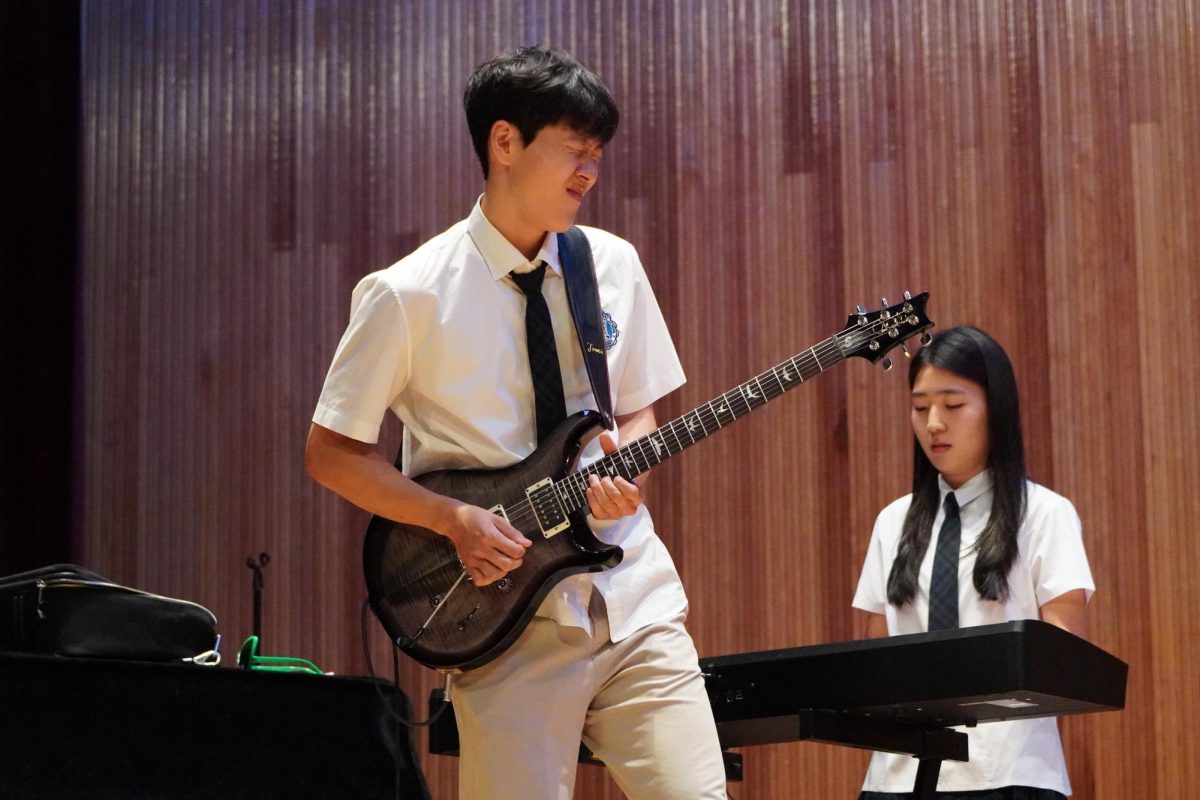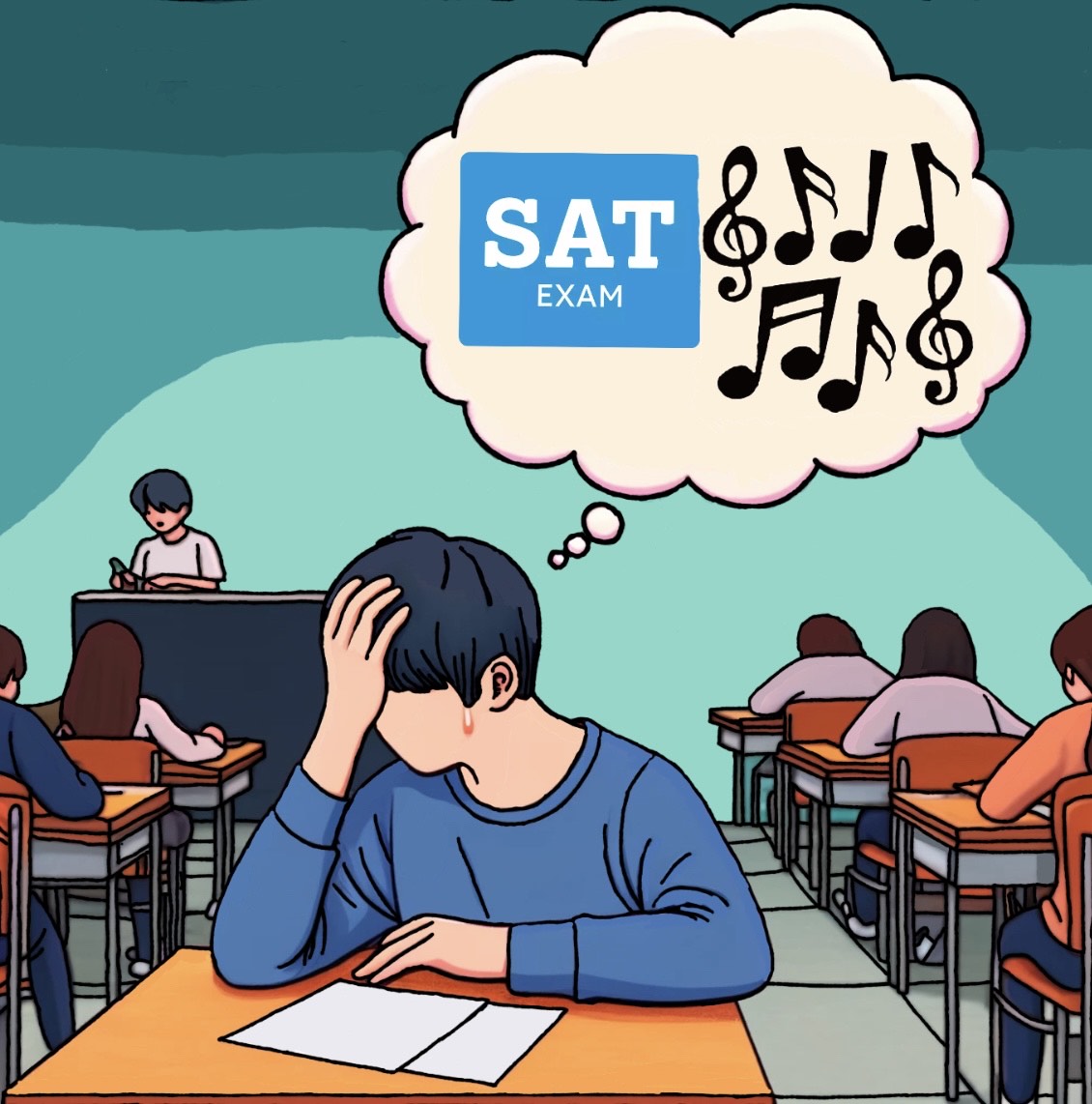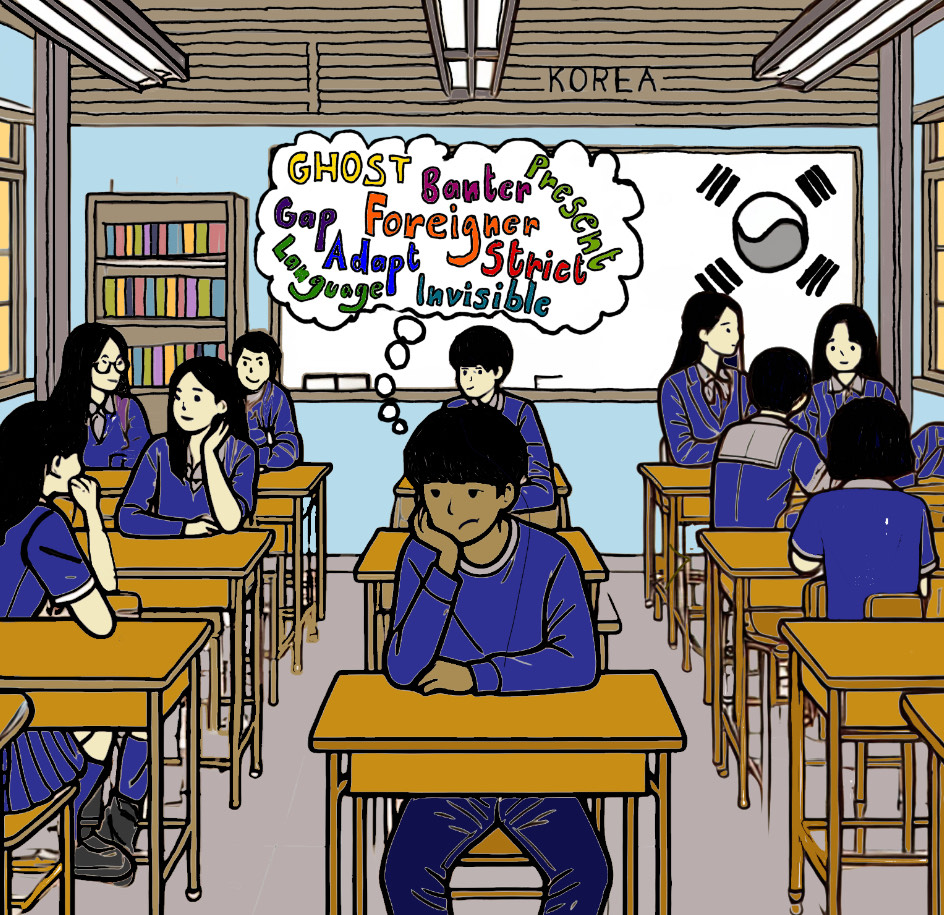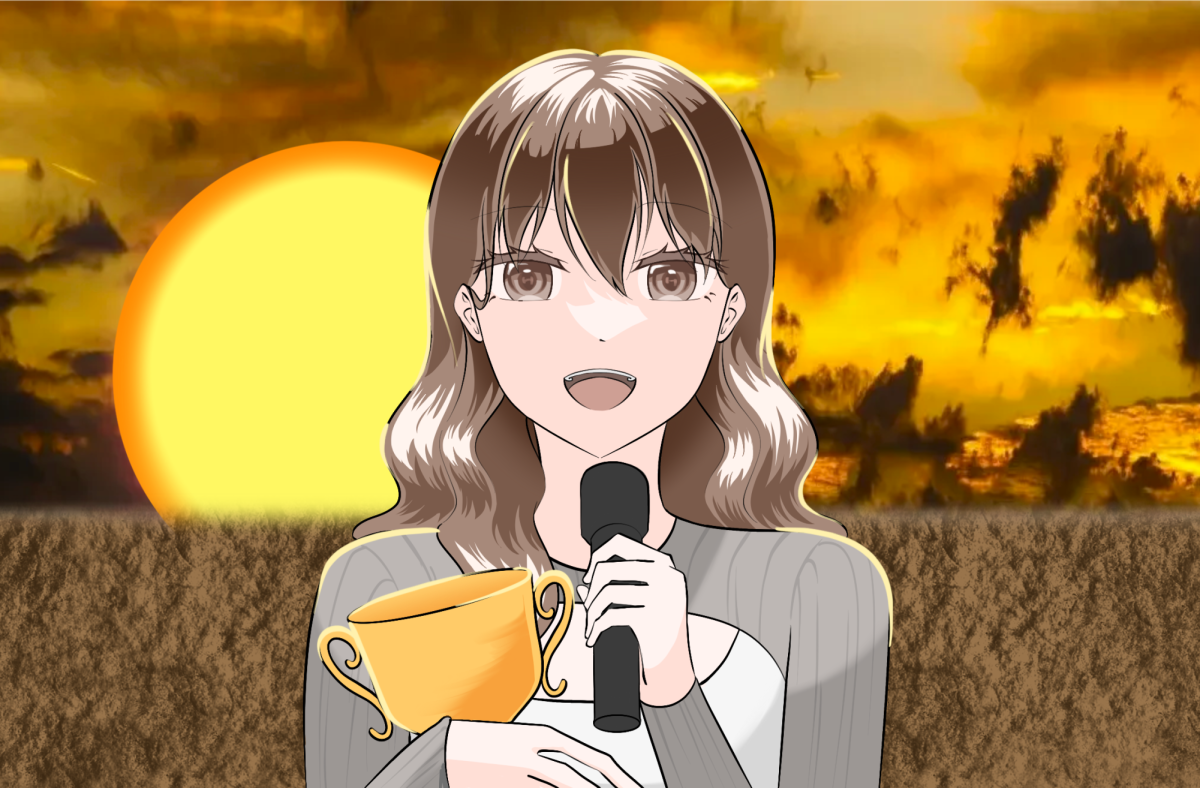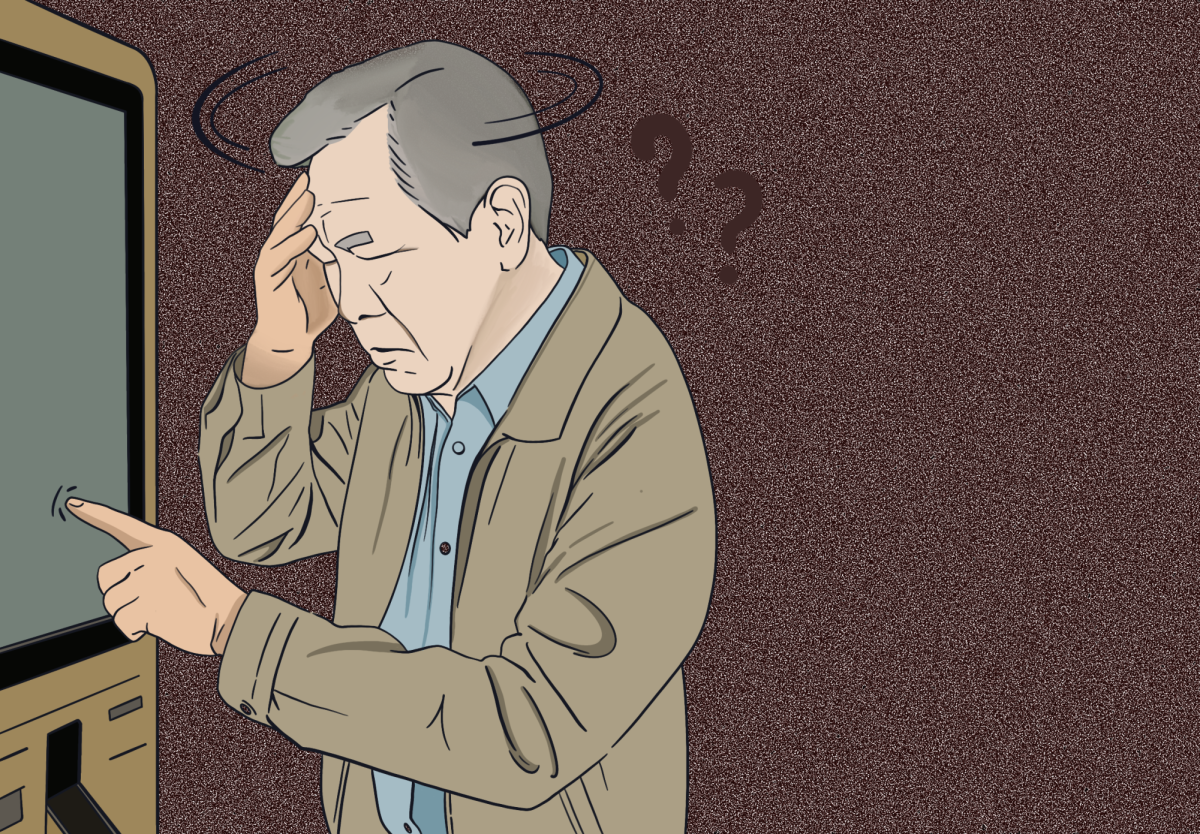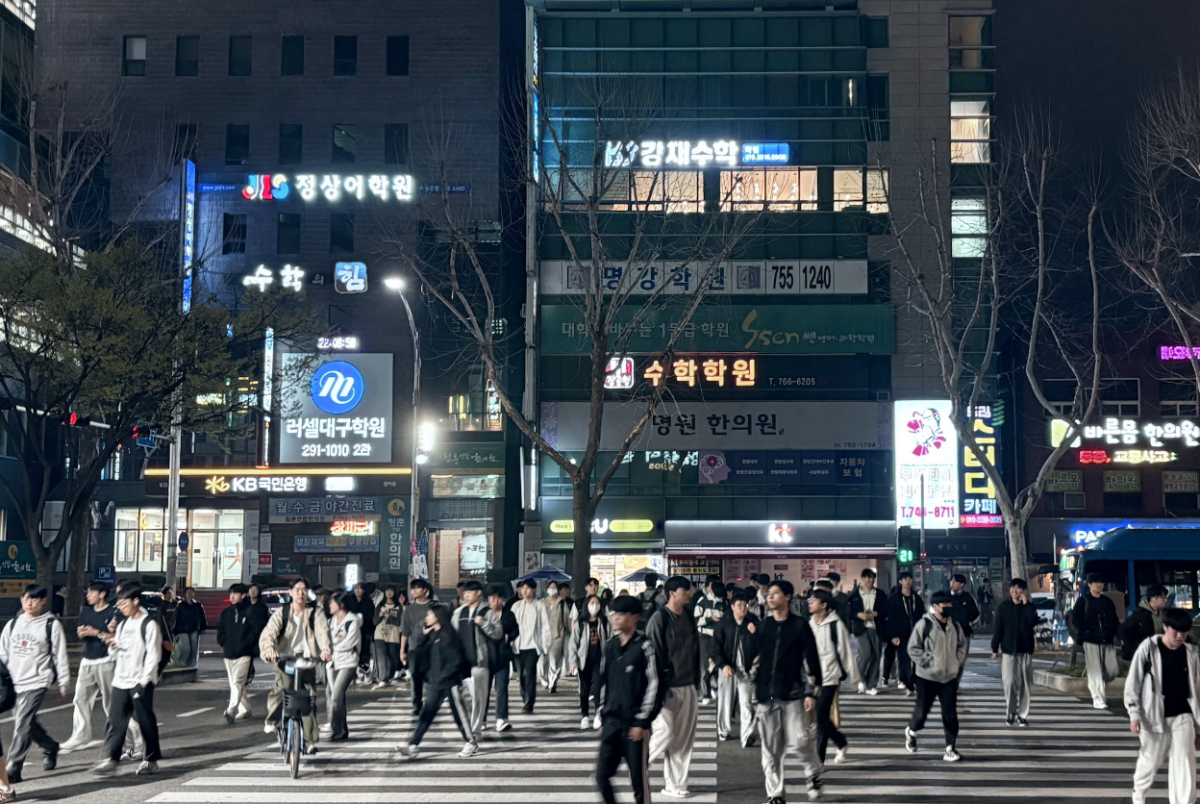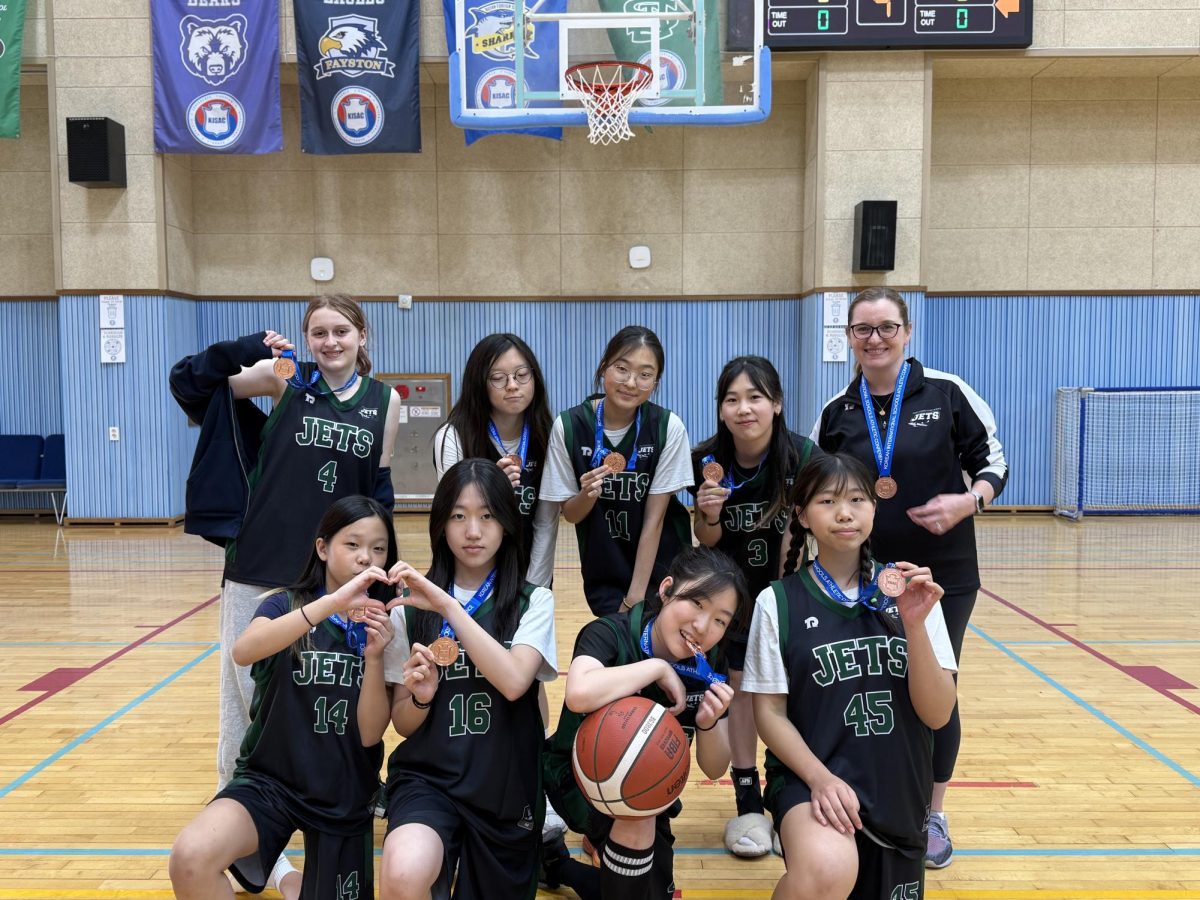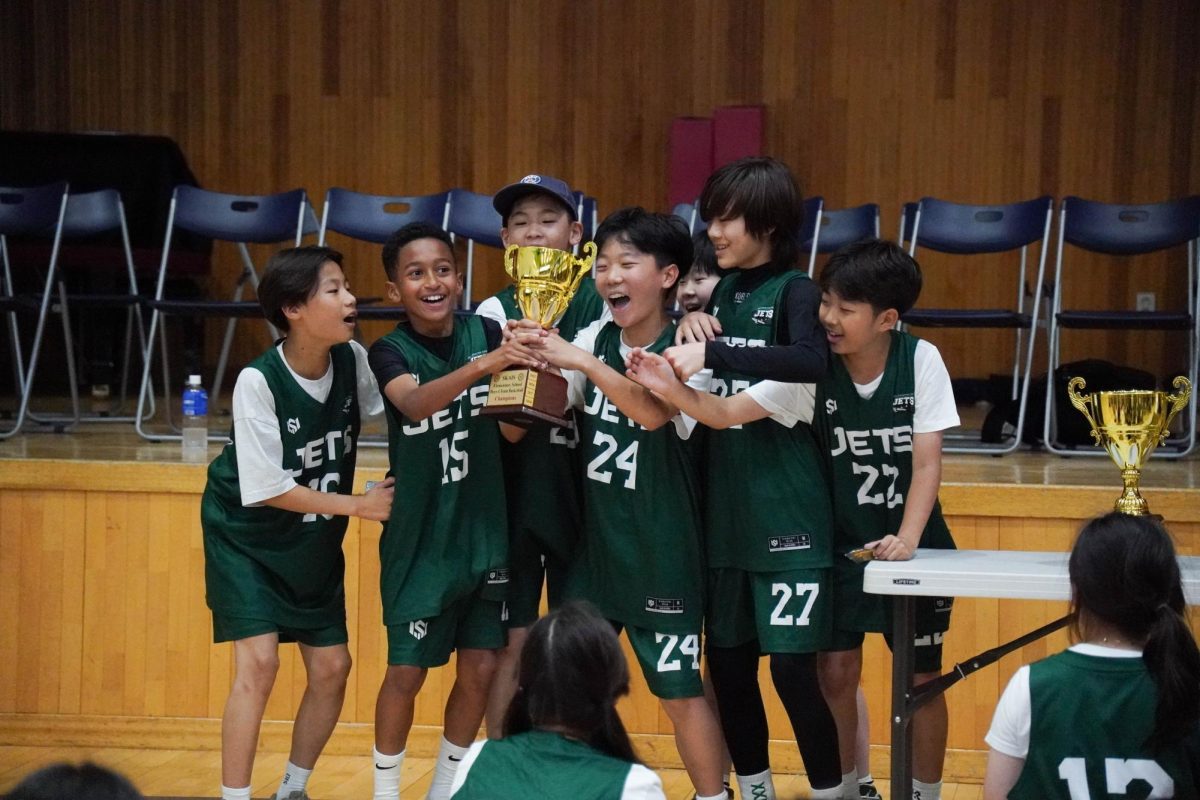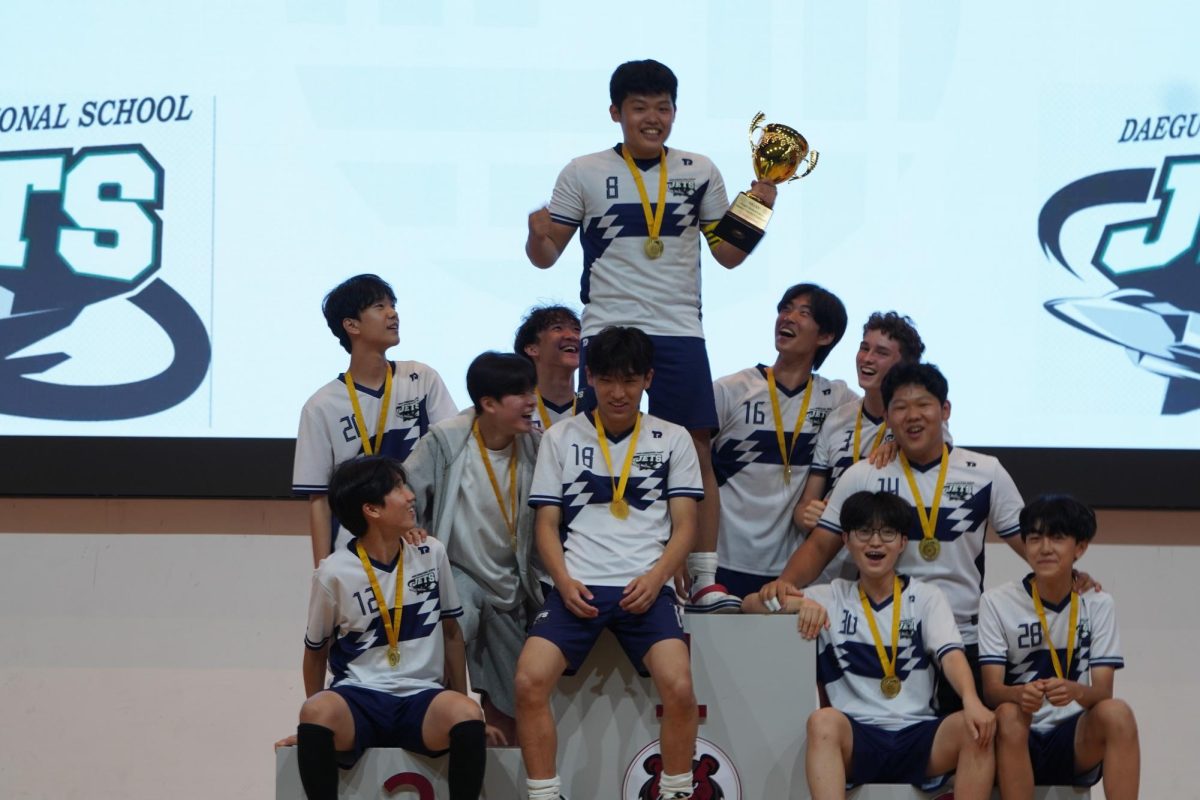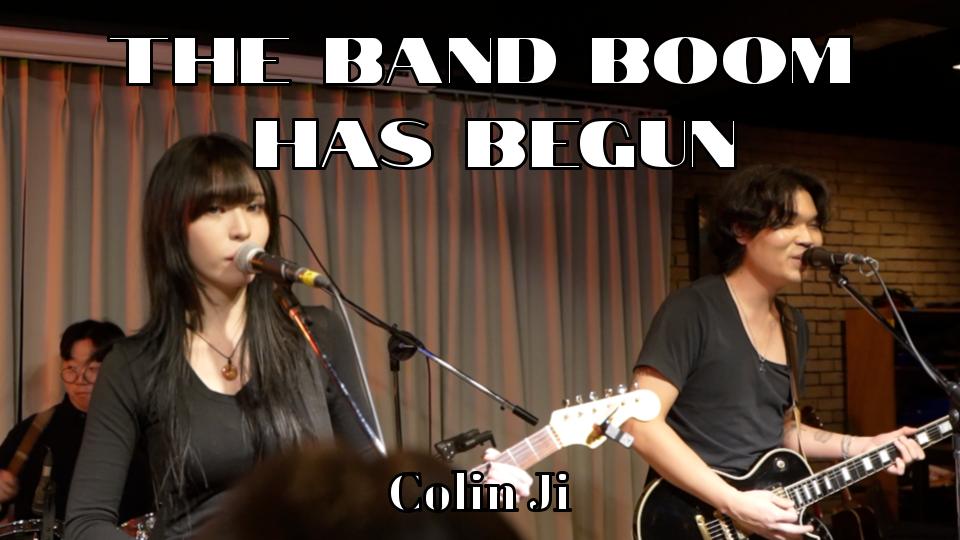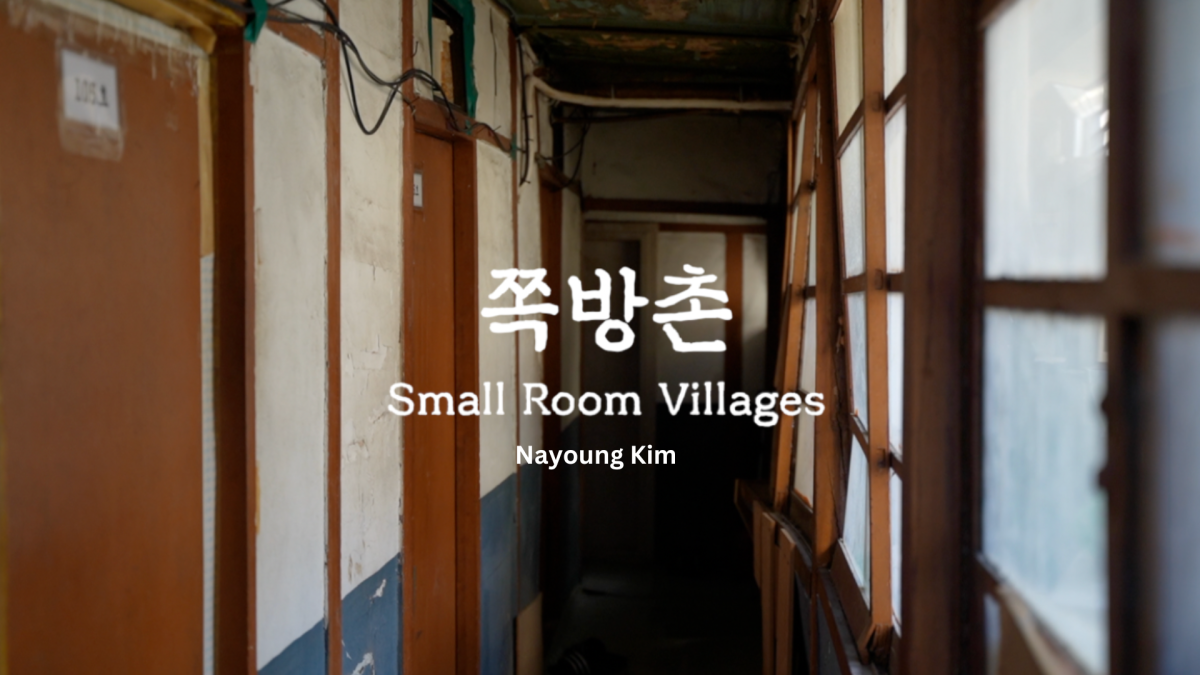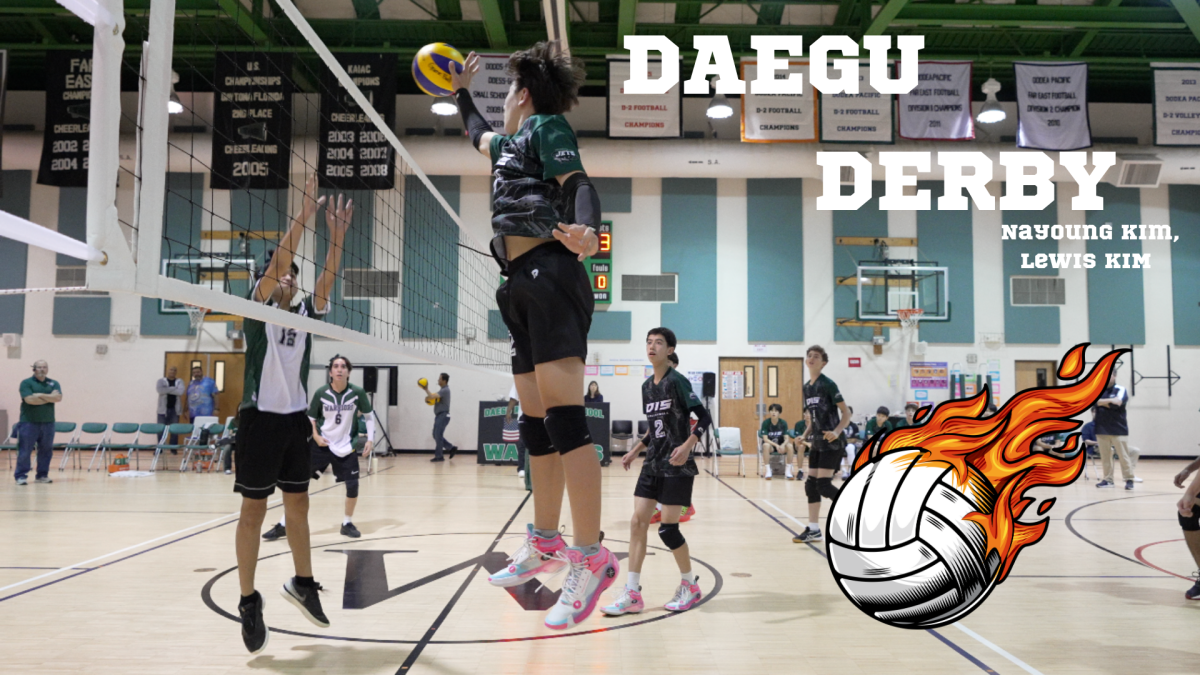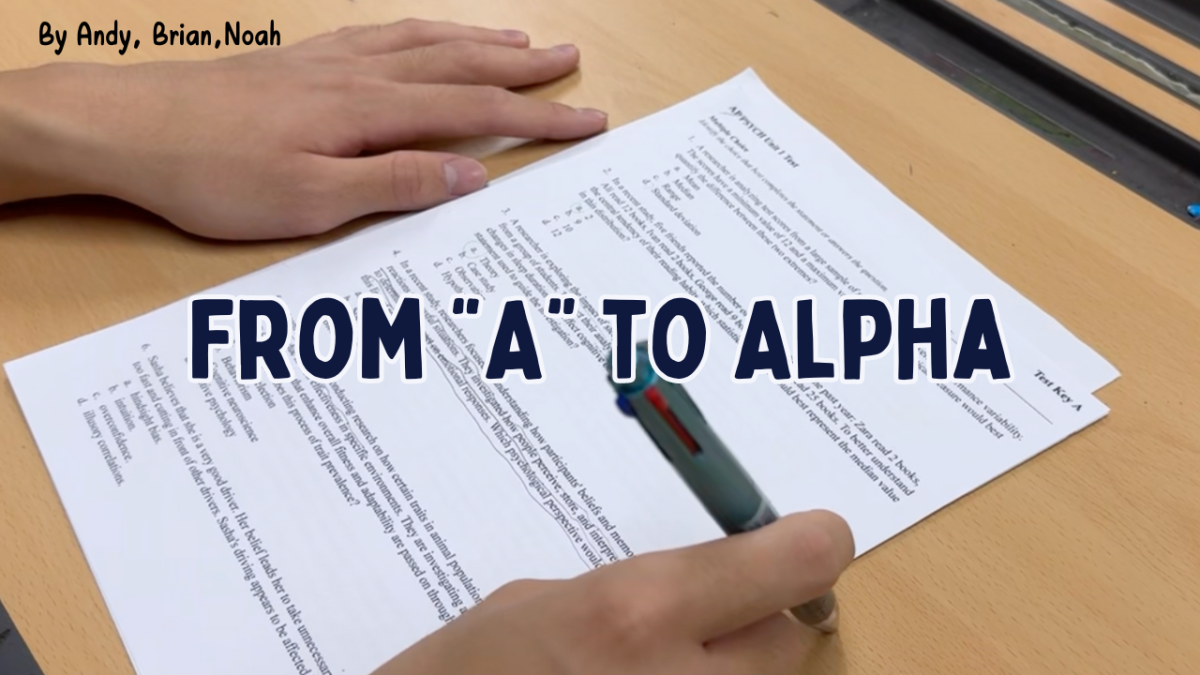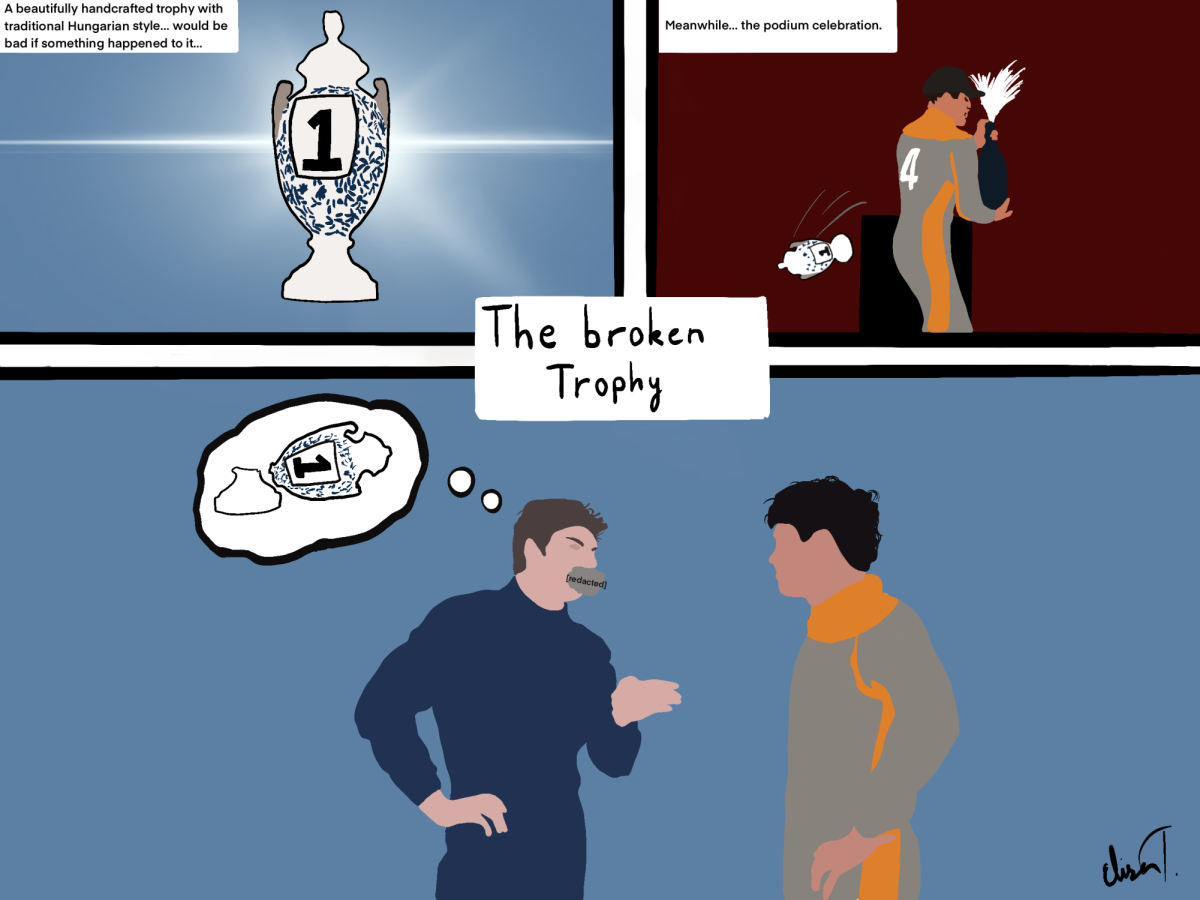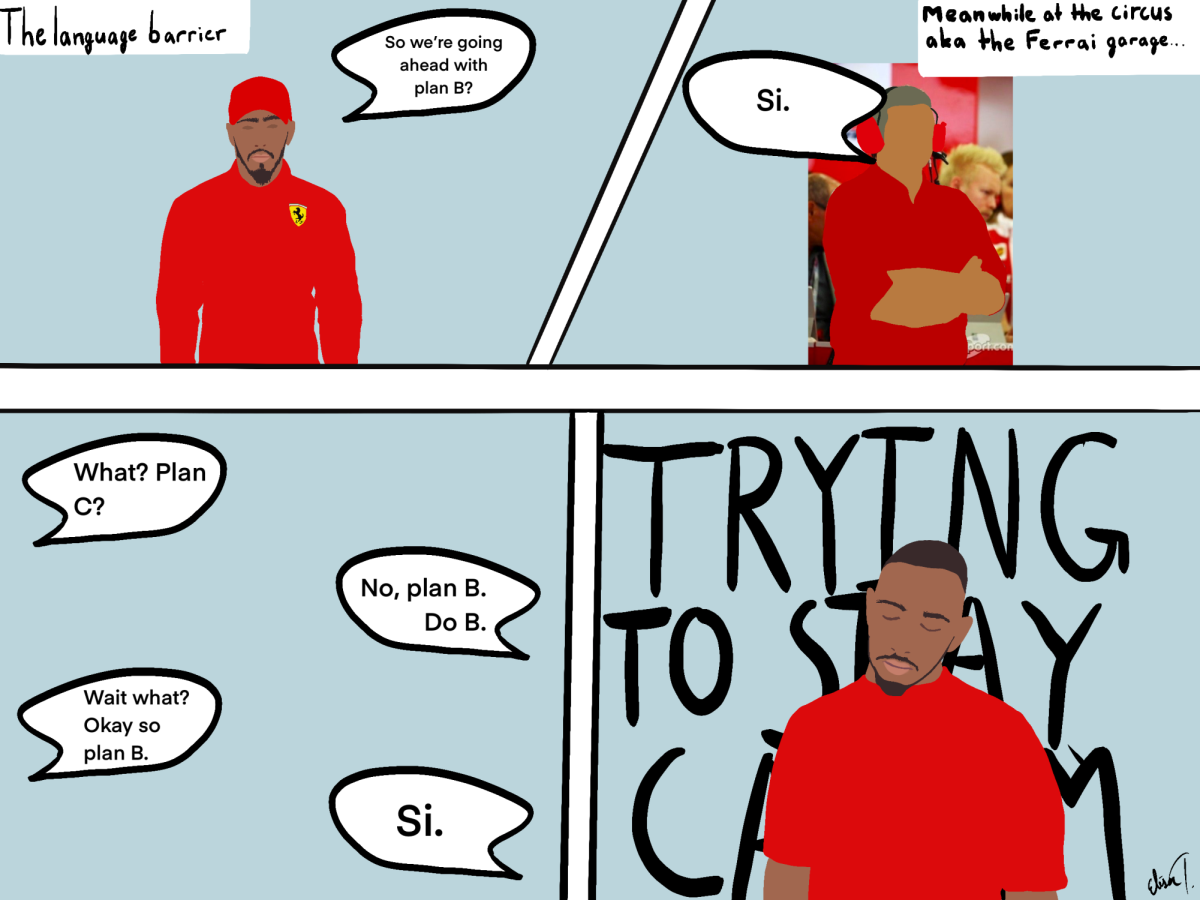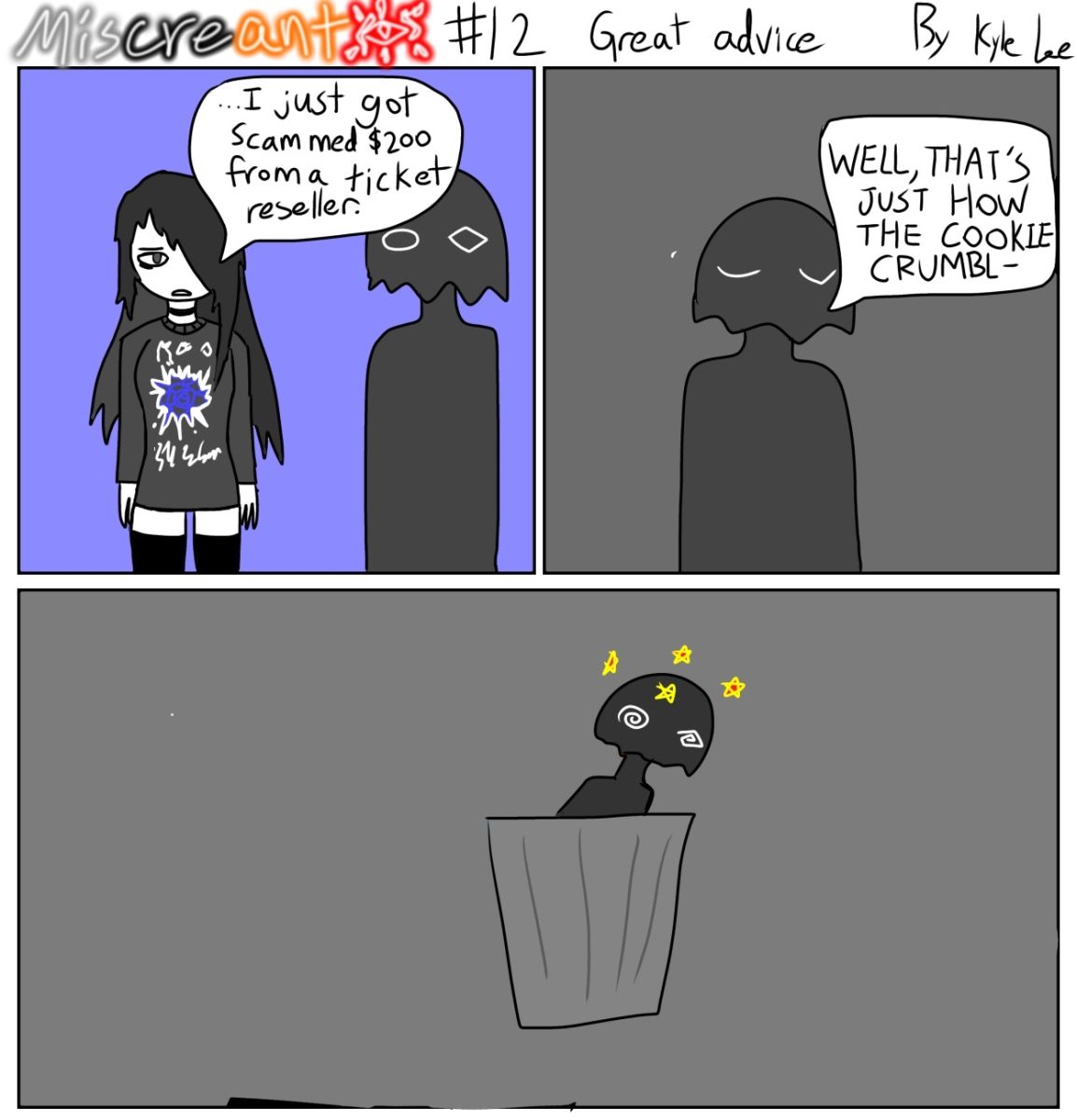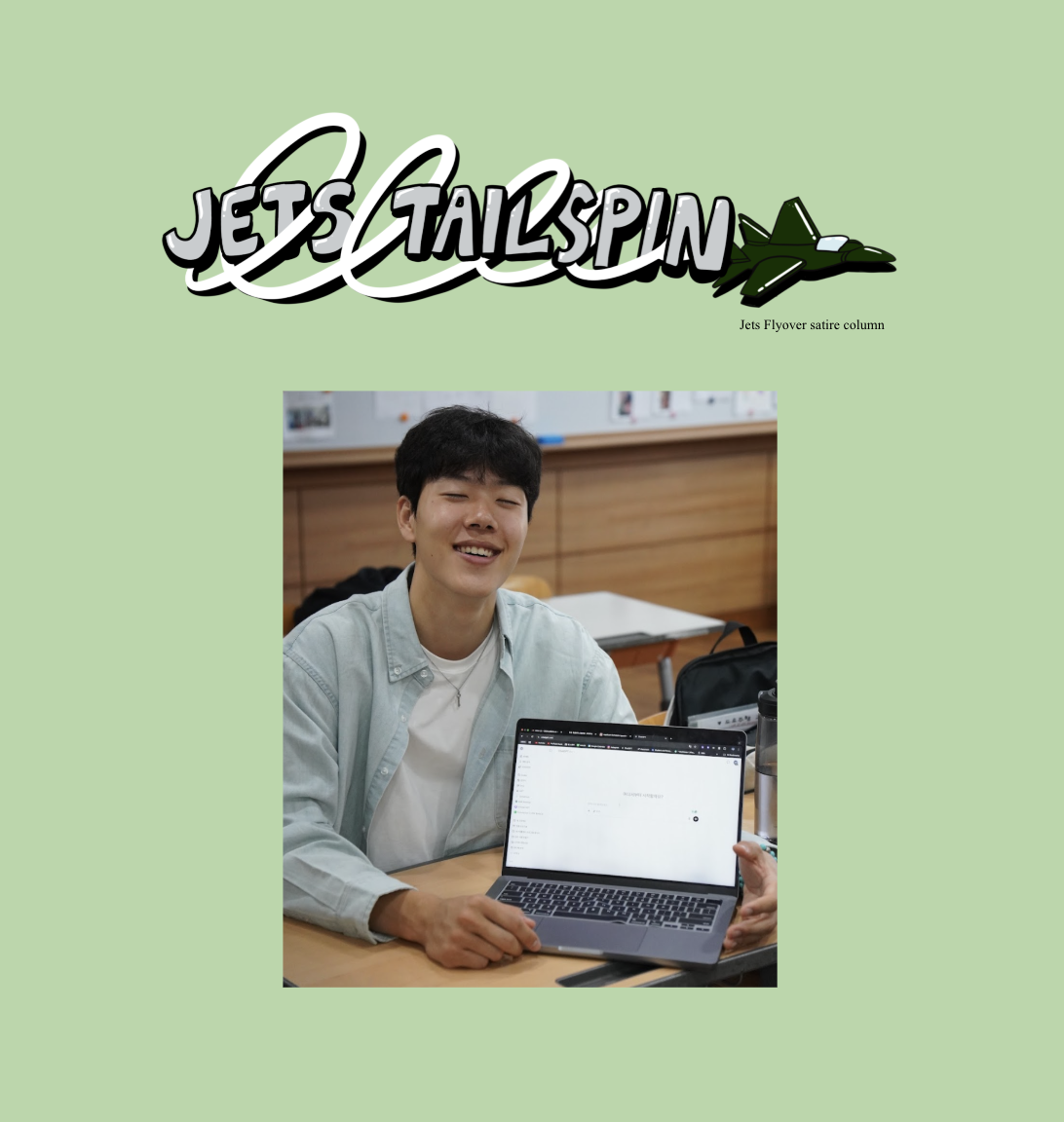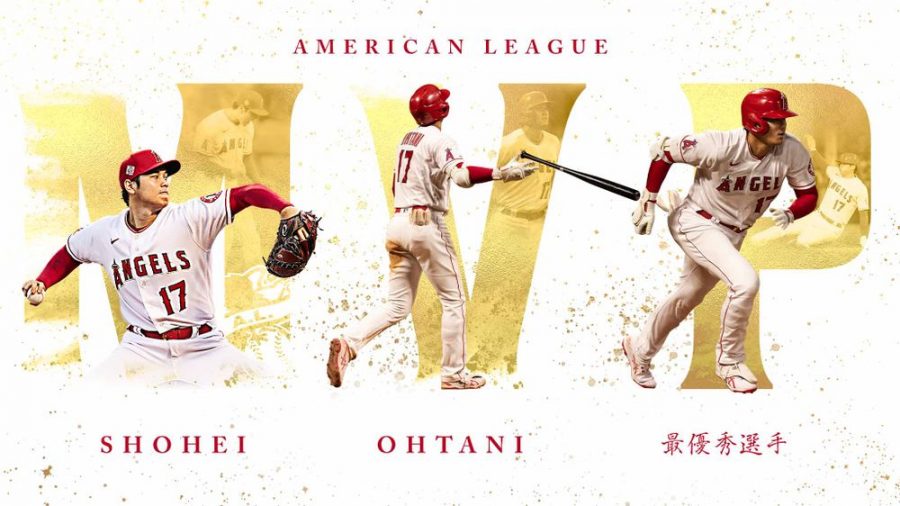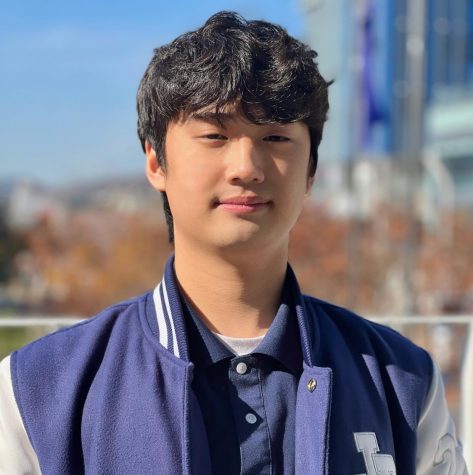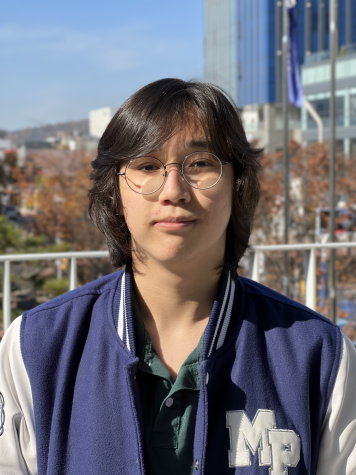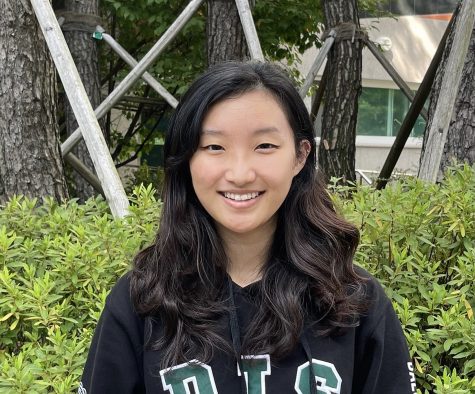It’s Sho-Time
Shohei Ohtani Helps Heal the Rift Between Korean and Japanese Sports Fans
December 6, 2021
The 2021 Major League Baseball season ended with the Atlanta Braves reclaiming their throne after a 26 years World Series hiatus. As is tradition, honors were also handed out to outstanding players – like the Cy Young Award, MVP, and more.
Among the elite players who leveled the competition was the rising star baseball fans are bound to know: none other than Shohei Ohtani himself. After a remarkable season, the Japanese superstar was triple-crowned with the Edgar Martinez Outstanding Designated Hitter Award, Historic Achievement Award, and was voted unanimously as the American League’s Most Valuable Player.
Even before his MLB career, Ohtani was praised as a remarkable player in the Asian scene. His unique position of being a pitcher AND a batter was more than enough to get him in the headlines. As a key starting pitcher and batter for the Hokkaido Nipponham Fighters, Ohtani cemented his position as a domestic superstar in Japan since 2013.
The first time Korean fans witnessed Ohtani’s wrath was during the 2015 WBSC Premier 12. In the two games he played against Team Korea, Ohtani pitched for 13 innings, allowing only 3 hits and no runs. He struck 21 Korean hitters out without breaking a sweat. Although Korea was able to take Japan down in a miraculous turnaround in the Semifinals, local fans and players alike were shocked at this budding superstar’s capabilities.
After five years in Hokkaido, Ohtani found a new home in 2018 with the Los Angeles Angels. The surprise deal got many of his devotees excited, but unfortunately, Ohtani wasn’t able to live up to the skyrocketing hype that followed his name for the first few years. Not to say that he was playing poorly, but his performances weren’t noteworthy for the most part.
When the 2021 season came around, Ohtani rewrote history. For one, he dominated as a starting pitcher for the Angels; he earned himself nine wins throughout the season and struck out a whopping 156 players during the 130 innings he pitched. Equipped with a fastball clocking in at 102mph, precise cutters, and curveballs, Ohtani silenced his cynics.
But the true potential of the AL MVP shone through with his batting. In 2021, Ohtani posted 46 home runs: the third-most in the entire league. This was also his first 40-20 season (40 home runs and 20 stolen bases), crushing the competition. In fact, Ohtani was the first Angel ever to achieve this title.
Many other “firsts” were redefined this year. MLB has seen the first player in over a century, since the legendary Babe Ruth himself, to stand on the mound as a starting pitcher while leading the HR charts. At the same time, a “Triple 100” has been achieved by an MLB player for the first time in 131 years: Ohtani pitched for 100+ innings, struck out 100+ players, and hit 100+ base hits. Ohtani also became the first player in MLB history to ever bat and pitch as a starting pitcher in the All-Star Game.
Ohtani’s unbelievable performance swept through the headlines too. Many media outlets, including Korean newspapers, praised Ohtani as the “next Ruth,” if not better. “Regardless of his nationality, he is a monster… he is the pride of Asia,” commented Korean netizens. Yahoo News summarized his 2021 season, claiming that “Shohei Ohtani is Breaking Baseball.”
Despite the complicated history between the two nations inside and outside of athletics, Korean newspapers such as Chosun Ilbo commended Ohtani as a “Baseball Genius,” “The Second Babe Ruth,” and “Simply Incomparable.”
The grudge Korean and Japanese fans hold against each other (which frankly exceeds just baseball) is unparalleled. Nonetheless, Ohtani is being hailed as the most significant figure the ball game has seen in the past decade by enthusiasts all over the world. I’ve never seen Asian fans unite to this extent; hopefully, Ohtani can be the first step to bridge the gap between Korean and Japanese baseball enthusiasts.

